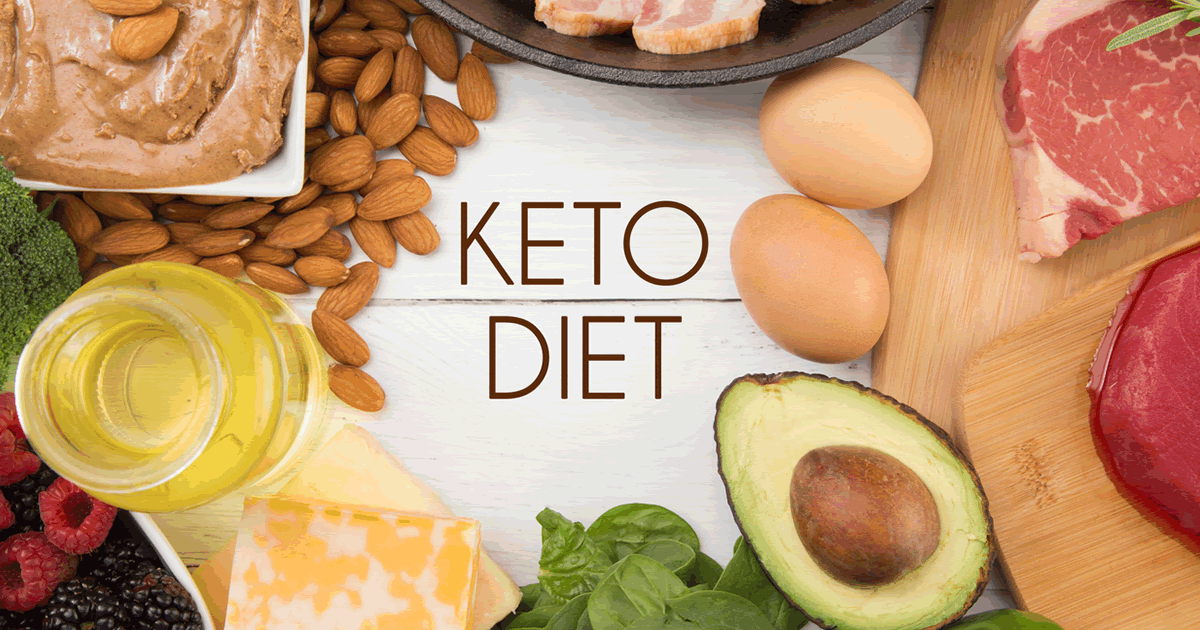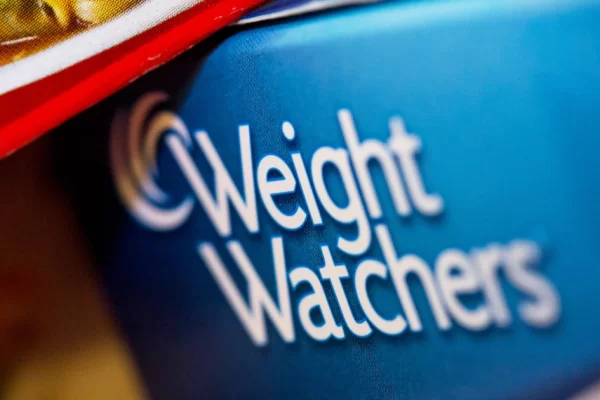Know about ketogenic diet as it is a dietary approach that focuses on eating low-carb and high-fat foods in order to achieve a state of ketosis. Ketosis is a metabolic process that occurs when the body doesn’t have enough glucose to use for energy, so it turns to fat instead. This can lead to weight loss, increased energy, and better mental focus.
There are a few different ways you can follow a ketogenic diet, but the most common approach is to keep your daily carbohydrate intake below 50 grams and to eat foods high in healthy fats and low in net carbs. Some good sources of healthy fats include olive oil, coconut oil, avocado, and nuts and seeds.
NET CARBS: The difference between total carbs and fiber carbs. Fiber carbs do not affect blood sugar levels, while other carbs do.
A ketogenic diet can be a great way to lose weight and improve your health, but it’s important to make sure you’re doing it the right way.
Here are a few things you should know before starting a ketogenic diet:
- A ketogenic diet is not a “magic bullet” for weight loss.
Although a ketogenic diet can help you lose weight, it’s important to remember that it’s not a magic bullet. Dieting is still necessary and you should be prepared to make changes to your diet and lifestyle in order to achieve lasting results.
- You may experience some side effects when starting a ketogenic diet.
When you first start a ketogenic diet, you may experience some side effects such as:
-Headache
-Fatigue
-Constipation
-Diarrhea
-Mood swings
These side effects are usually temporary and should improve over time. If you experience any severe or persistent side effects, be sure to speak with your doctor.
- You should always consult a doctor before starting a ketogenic diet.
It’s important to consult with a doctor before starting any new diet, especially if you have diabetes or take any prescription medications. Your doctor can help you determine whether a ketogenic diet is right for your needs and will also be able to help monitor you while on the diet.
- You should eat lots of fat, but it shouldn’t come exclusively from saturated fats.
When following a ketogenic diet, it’s important to focus on eating high-quality fats like olive oil, coconut oil, grass-fed butter, and avocados instead of using unhealthy fats like margarine or vegetable oils. You can also eat foods that contain medium-chain triglycerides (MCTs), which are easier for the body to digest than other sources of fat.
- You should aim to eat around 75-85% of your calories from fat.
When following a ketogenic diet, it’s important to eat enough fat so that you’re in a state of ketosis. This usually means eating around 75-85% of your calories from fat. However, not all fats are created equal and it’s important to focus on eating healthy, high-quality fats. You can check out https://www.healthstatus.com/keto-diet/keto-strong/ for detailed information.
- A ketogenic diet should be paired with regular exercise and a well-rounded, nutrient-rich diet.
Although ketogenic diets can sometimes lead to weight loss without a change in lifestyle, it’s still necessary to eat a well-rounded, nutritious diet and to get regular exercise. This will help speed up your weight loss and improve your overall health.
Ketogenic Diet Benefits
There are a number of benefits to following a ketogenic diet, including:
-Weight loss
-Increased energy
-Better mental focus
-Reduced inflammation
-Lower blood sugar levels
-Improved heart health
-Reduced risk of type 2 diabetes
-Reduced risk of cancer
These are just a few of the benefits associated with following a ketogenic diet. s.
Ketogenic Diet Foods to Avoid
When following a ketogenic diet, it’s important to avoid unhealthy foods that may be high in net carbs or affect blood sugar levels. Some of these foods include:
-Sugary foods and beverages
-Refined carbs like white bread, pasta, and rice
-Processed foods
-Fast food
-Alcohol
-Any food high in sugar or starch
These are just a few of the foods to avoid when following a ketogenic diet.
Who Should Avoid Keto Diet?
Those who have diabetes should avoid a ketogenic diet because it may lower blood sugar levels and lead to hypoglycemia. Those with kidney disease or liver problems should also avoid a ketogenic diet since it increases the workload on these organs.
Ketogenic Diet Meal Plan
It’s important to choose nutrient-dense meals when following a ketogenic diet. Some good meal ideas include:
-Breakfast: egg muffins, bacon and avocado breakfast salad, sausage and mushroom breakfast skillet
-Lunch: tuna salad lettuce wraps, chicken Caesar salad, keto pizza
-Dinner: salmon with pesto sauce, lamb chops with mint sauce, beef stroganoff
There are many different ketogenic diet meal plans to choose from, so you can find one that fits your needs and preferences.
Summing Up
There is so much information to cover when it comes to know about ketogenic diet and we have only scratched the surface. If you want to learn more about ketogenic diets, be sure to check out our other articles on the subject.
However, it’s important to understand that the ketogenic diet is not for everyone. Those who have diabetes or take any medications should always speak with their doctor before beginning a new diet plan and should avoid the keto diet if they have kidney disease or liver problems.





